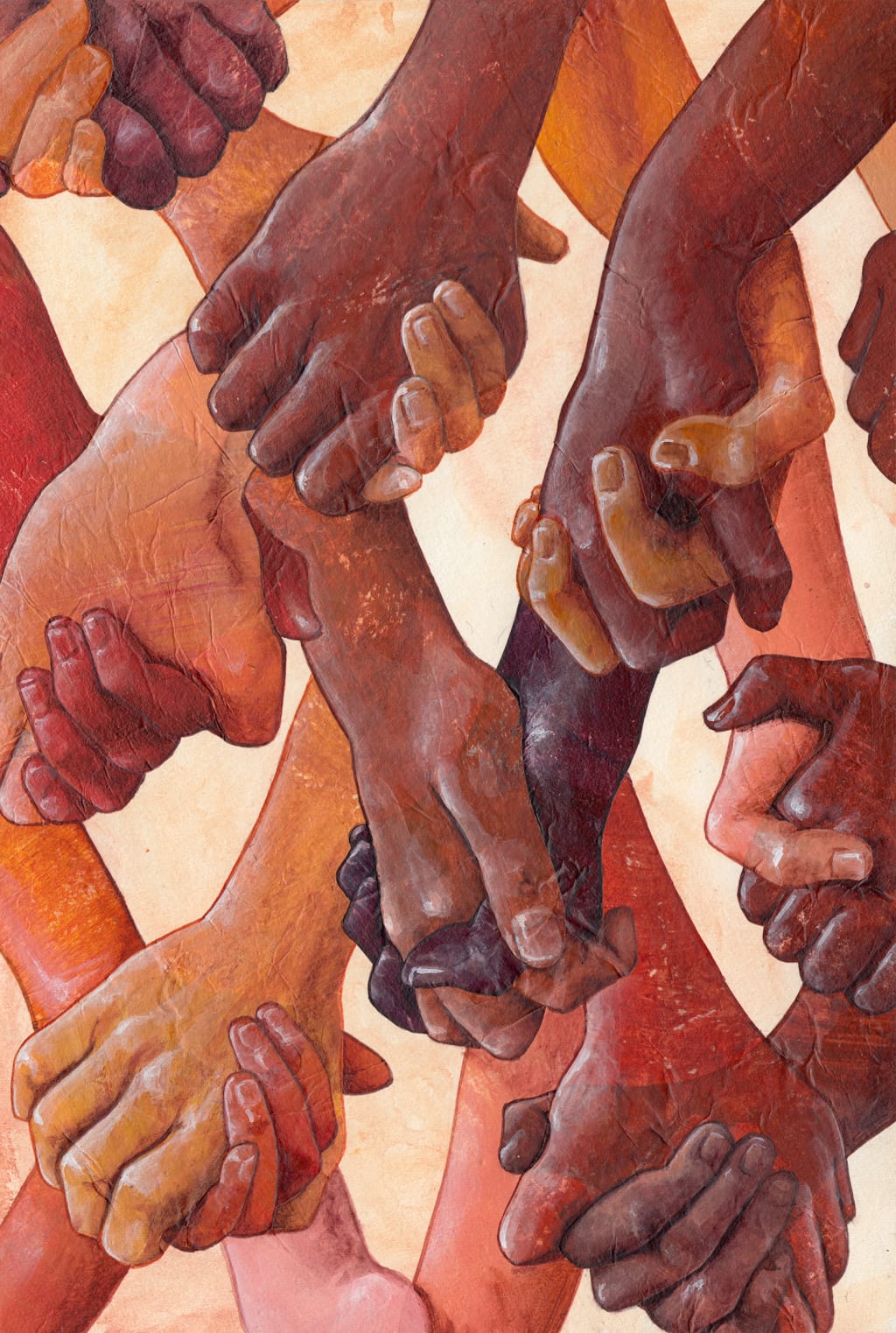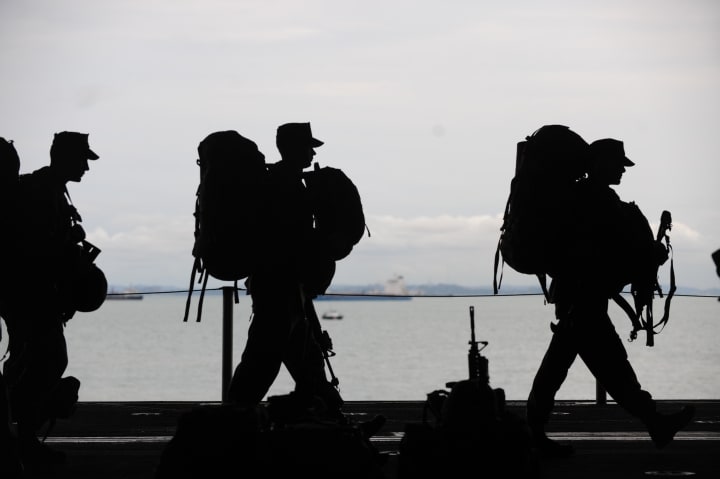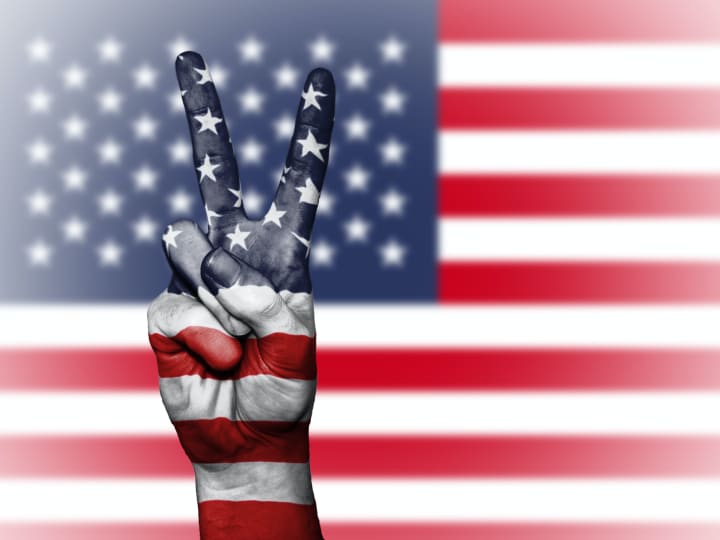
I have never felt a lack of freedom. As a child, I ran around in my small town, climbing trees, riding my bike, fishing and swimming in the summer, and sledding and skating in the winter. As an adolescent, I chose what path my life would take and what faith to follow. As a young adult, I chose who to marry and where to live. I have lived a privileged life.
My privileges have not stopped me from empathizing strongly with people who do not - or have not - experienced such freedoms, and when I think of man’s inhumanity against man, tears flood my eyes.

How is it that indigenous people could be forced out of their lands, and slaughtered defending themselves, just because of the words “Manifest Destiny?” How is it that Africans could be wrenched from their homes, separated from their families, stowed like cargo, and sold into slavery? How is it that there are cultures where women and children have no rights? How is it that there are societies where people are told what to believe, including hatred of other races?
Freedom has been fought for as long as there have been humans. Yet have we really made progress? Have we learned from history, or are we doomed to repeat it? How can all countries establish peace and freedom when the human tendency is to fight, perhaps written in our very genetic code?

The United States fought for independence from England. Finland fought for freedom from both Sweden and Russia. African countries, one after the other, fought to escape often oppressive colonization. Bulgaria, Scotland, and many other countries also fought wars for independence.
Freedom, when obtained, needs to be diligently protected. Thank you to those in our armed forces who do their parts, sometimes losing life, limb, or sanity for our freedoms.

Weapons are not always required to obtain freedom. As an example, the Cherokee successfully appealed to the Supreme Court to maintain their lands in Georgia. Unfortunately, freedoms granted are not always honored. In 1830, President Andrew Jackson ordered the Cherokee to be removed from Georgia and forcibly marched to Oklahoma on what is now known as the Trail of Tears.
Without a peaceful environment, it is nearly impossible to guarantee human rights, let alone economic, civil, social, and political rights. So, how do we achieve global peace and freedom?

The difficulty in trying to establish global peace and freedom is that there are leaders who are happy with their control. Dictators don’t give up power readily. Husbands who control their wives enjoy their sovereignty, and often, the masses under control don’t know any other life.
“Civilized” countries have a tendency while “rescuing” those oppressed, to take over and wipe out everything which made those cultures unique, resulting in carbon-copy civilizations. Some languages are no longer spoken. Many songs and dances are no longer performed. I don’t claim to have the answer, but it seems to me that there is a fine line between humanitarianism and control.

Talks of peace in the past have resulted in arguments and/or ambiguity.
Bans against weapons of mass destruction have only resulted in subterfuge and suspicion.
What we need are new champions to speak for peace and freedom. People like Jesus, The Buddha, Harriet Tubman, Chief Joseph, Mahatma Gandhi, Mother Theresa, Martin Luther King Jr., The Dalai Lama, and Nelson Mandela to name many courageous individuals. These people risked their very lives to educate others with messages of peace and freedom.
If enough people speak out against repression, restriction, and servitude, perhaps those who oppress others can be overcome. Perhaps those in oppression will hear and realize there can be a better life for them.
May peace and freedom reign.

About the Creator
Julie Lacksonen
Julie has been a music teacher at a public school in Arizona since 1987. She enjoys writing, reading, walking, swimming, and spending time with family.
Reader insights
Outstanding
Excellent work. Looking forward to reading more!
Top insights
Heartfelt and relatable
The story invoked strong personal emotions
Eye opening
Niche topic & fresh perspectives
Expert insights and opinions
Arguments were carefully researched and presented
On-point and relevant
Writing reflected the title & theme
Easy to read and follow
Well-structured & engaging content
Compelling and original writing
Creative use of language & vocab
Masterful proofreading
Zero grammar & spelling mistakes
Excellent storytelling
Original narrative & well developed characters






Comments (1)
I noticed you mention freedom and Finland's struggles against Russia. You might enjoy my 2 vocal stories just published with exactly those themes. "Don't Eat Chocolate Like it was Bread" and "Freedom, Repression & Freedumb in the Age of Covid".